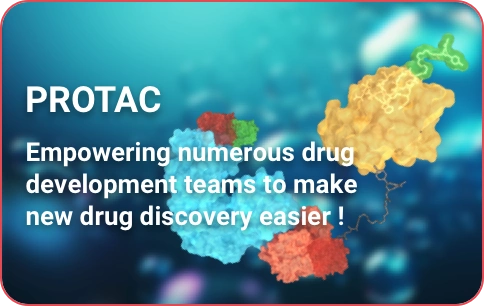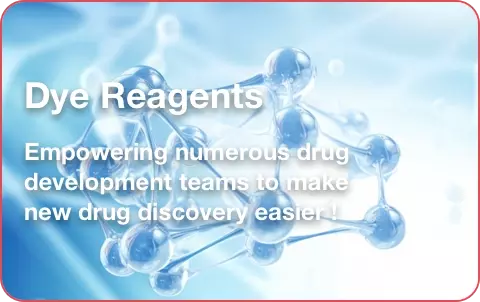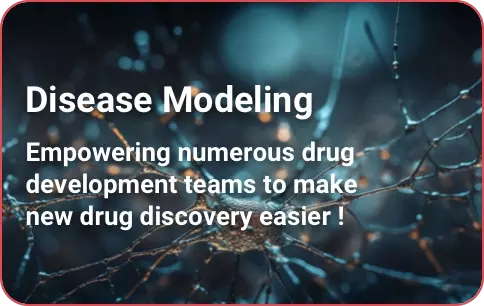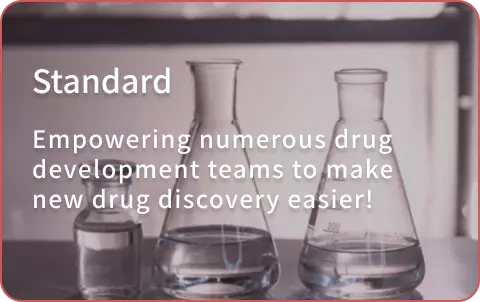Shopping Cart
Remove All Your shopping cart is currently empty
Your shopping cart is currently empty

We would love to know what you think, so we have included a feedback tab on every page.





















TargetMol can provide 20,000+ products, covering popular signals and 8 key research fields such as tumors, diabetes, endocrine system, nervous system, and kidney.We have three major technology centers: (Molecular Docking, Virtual Screening, Biomolecular Interaction, Custom Synthesis, AI-driven Ultra High-throughput Virtual Screening)
Due to local policy requirements, some products need to be provided through rapid customization and synthesis after clarifying their uses.
Please fill in the following information to submit a consultation, and we will expedite contact with you.

| Size | Quantity | Unit Price | Amount | Operation |
|---|
| Product |
|---|
| Bioactive |
| Species |
| Expression System |
| Tag |
| Accession Number |
| Amino Acid |
| Construction |
| Molecular Weight |
| Endotoxin |
| Formulation |
| Reconstitution |
| Stability & Storage |
| Shipping |
| Research Background |
| Size |
 Hello! How can I help you today?
Hello! How can I help you today? 
Copyright © 2015-2025 TargetMol Chemicals Inc. All Rights Reserved.

